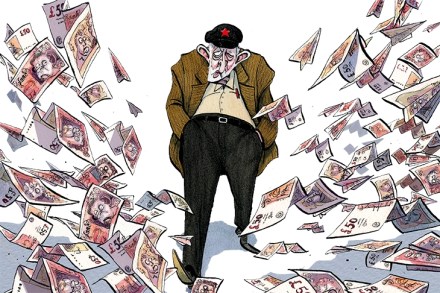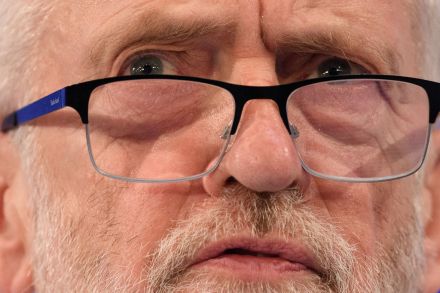The next Italian crisis
For those who believe in the European project, Brexit is a headache. Italy, on the other hand, is a bloody nightmare. Its new anti-elite populist coalition government of the alt-left Five Star Movement and the radical-right League is currently set on a collision course with the EU. This could easily start a chain reaction that destroys the single currency. The British media hardly mentioned it but on Saturday, once Jean-Claude Juncker, EU Commission president, had sent Theresa May on her way with a pat on the back, he sat down to ‘a working dinner’ with Giuseppe Conte, the Italian Prime Minister, to discuss Italy’s ‘unprecedented’ breach of EU rules on





















